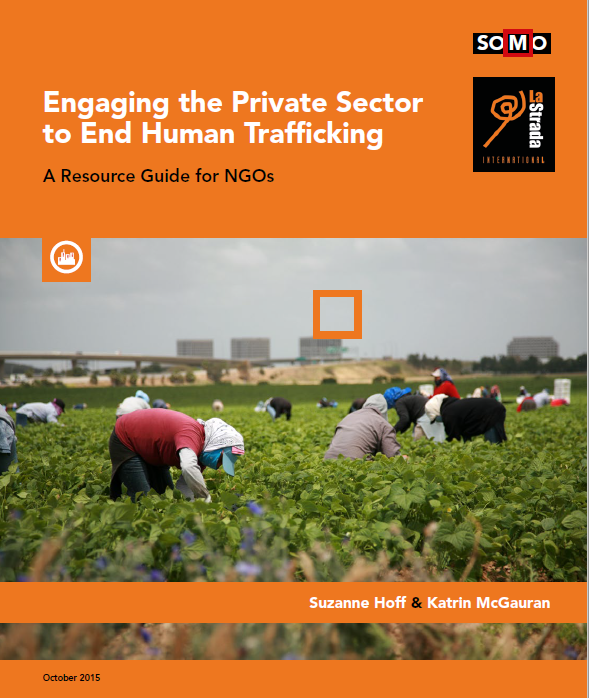Assessment of outreach and engagement with prospective migrants by the agencies recruiting labourers for foreign employment, IDS working paper 571
PublicationsThis study was conducted to identify the gaps in policies and practices of labour recruitment in Nepal and assess the outreach and engagement of major formal labour intermediaries, private recruitment agencies (PRAs) and pre-departure orientation tr...Read More

